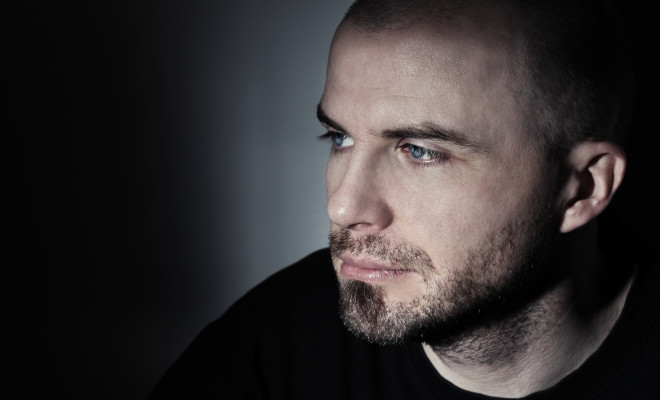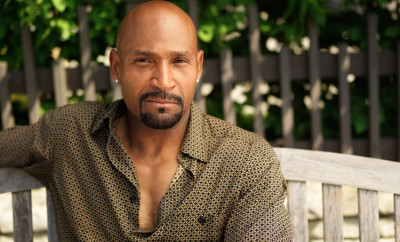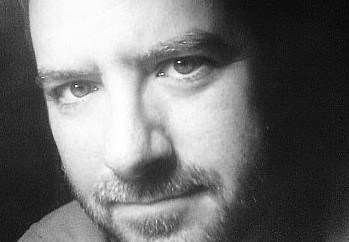
Self-Esteem: The Victim (Part 2 of 5)
Self-esteem is not simply the ability to defend one’s self against others. It’s more than having the guts to get in someone’s face and say, “You can’t do that to me.” Self-esteem is not only believing that you are worthy of success and happiness. Healthy self-esteem also means being responsible for your own success and happiness and not leaving it up to anyone or anything outside of you to provide it to you.
There are four internal voices that affect self-esteem. Often, these voices may have something important to tell us if we know how to interpret what they’re saying. Too often, we take literally what these voices say, and further our disempowerment. Rather than blame the voices for our failings, we can employ these voices as our guides if we can respond to their messages rather than react out of habit. (This series is inspired by the work and concepts of author Caroline Myss.)
When we assess our self-esteem, the voice of our inner Victim commands a great deal of attention. Everyone knows what it feels like to be a victim. We often fail to recognize is how this voice can be our ally and actually help us spot those places in our life where we might be victimized, and get out of it. The voice of the Victim is integral to self-esteem because it can help us spot where we are being too passive or behaving inappropriately.
Being a victim means simply that we are at the effect of something or someone, and feel we have no control over what happens to us. We can be a victim to people, circumstances or thoughts. When we are a victim, we let the events of our lives control us rather than feeling we can exert influence on our own life. Indeed, aspects of being a victim are common in our social fabric. In sketchy neighborhoods, we tend to watch our back. In business dealings, we layer our contracts with a litany of legal protections and considerations, assuming the other party will attempt to cheat us in some way. The current state of our world perpetuates higher and higher levels of victimhood.
At the heart of the voice of the Victim is expressing the fear that you cannot survive in the world. This means your physical survival as well as the survival of your hopes, dreams and self-identity. It’s a learned response based on negative past experiences. Yet we are always at the point of choice in how we respond to outside influences (see my previous article series, “Three Lenses That Distort Your Reality – and how to bring them into focus!”)
Change Your Life thru Coaching
It would seem no one likes being a victim, but stranger things can happen. When someone feels victimized, they might reach out for sympathy or assistance. There are lots of helpers in the world, so we can usually find help and sympathy without looking too far. Someone who feels chronically powerless might latch on to a pattern: when I’m a victim, people help me. The chronic victim interprets this as the first feeling of power they’ve ever experienced. “Wow, look! The more I’m victimized, the more people help me! I like this gig!” This can lead to using chronic victimization as power among others, turning the victim into a victimizer. This is someone who will often blame others for why their own life isn’t working out as it should. Often, the chronic victim drains the energy from everyone else to power themselves. When told by someone that their behavior isn’t cool, they can often react harshly, “You just don’t understand!” It’s actually easy to understand: if this is their only experience of power, no wonder they don’t want to give it up!
The inner voice of the Victim will say things like, “I lose, everything is hopeless, I was wronged, I was cheated, life is too hard, there’s no point in even trying, I deserve more, I’m entitled to compensation, I’m entitled to revenge, this should have happened to someone else instead of me, no one can talk to me like that, it’s not my fault I was hurt.” The Victim can recount every time he’s been hurt, but quickly forgets the times he’s hurt others. The chronic victim takes everything personally, including traffic jams, long lines at the store, broken technology, the weather, and even pain in the body.
In gay culture, the inner voice of the Victim can seem especially insidious. Most in our community agree with the scientific notion that our sexuality is an inborn characteristic. Therefore when we are accosted and persecuted for our naturally occurring sexuality, the voice of the Victim might view life through the filter that we are predestined to be born victims. Anyone in this mindset will struggle with feeling safe or accepted in the world.
What the voice of the Victim seeks is victory over the circumstances in which we feel victimized. Retaliation is not a path to victory, as it is simply victimization turned toward another person, through acts such as gossip or bullying. True victory is when you are no longer at the effect of events of the past, or living at the effect of a person, situation or thought. This voice can help you recognize opportunities where you can choose responsibility, courage, honesty, endurance, and maintain personal boundaries. When you can do this (and you can), you can then find your unique path to victory, and even help others find their unique path.
To speak to your Victim voice, ask yourself: Where or when do I feel powerless? What thoughts affect my victim perspective? Who or what pushes my buttons? When do I blame others for the circumstances of my life? How much time do I spend in self-pity or envy? How can I reclaim my power in these parts of my life? What thought patterns from the past no longer serve me? Reflect on these questions at length, and journal any answers, thoughts and solutions you might have. There’s no right answer to these questions. They’re only meant to help you recognize the voice, so you can make choices that serve your growth.
Steven Reeder, ACC, CPC, ELI-MP
Two things in life strike him to the core: rock and roll, and personal growth and development. Electric guitars move his outer body, while the pursuit of wisdom and discernment moves his inner body.He synthesizes aspects of theology, science, training and development to present practical, tangible material that is immediately applicable to life for instant impact. Steven combines his knowledge of the metaphysical and the practical to create a unique approach to helping you create your best life. Steven is a Certified Professional Coach and Energy Leadership Master Practitioner, owner of U Line Coaching, and is a featured contributor at GayLifeAfter40.com. For more information about The U Line, one-on-one or group coaching opportunities, please email to http://stevenreeder.com/.




